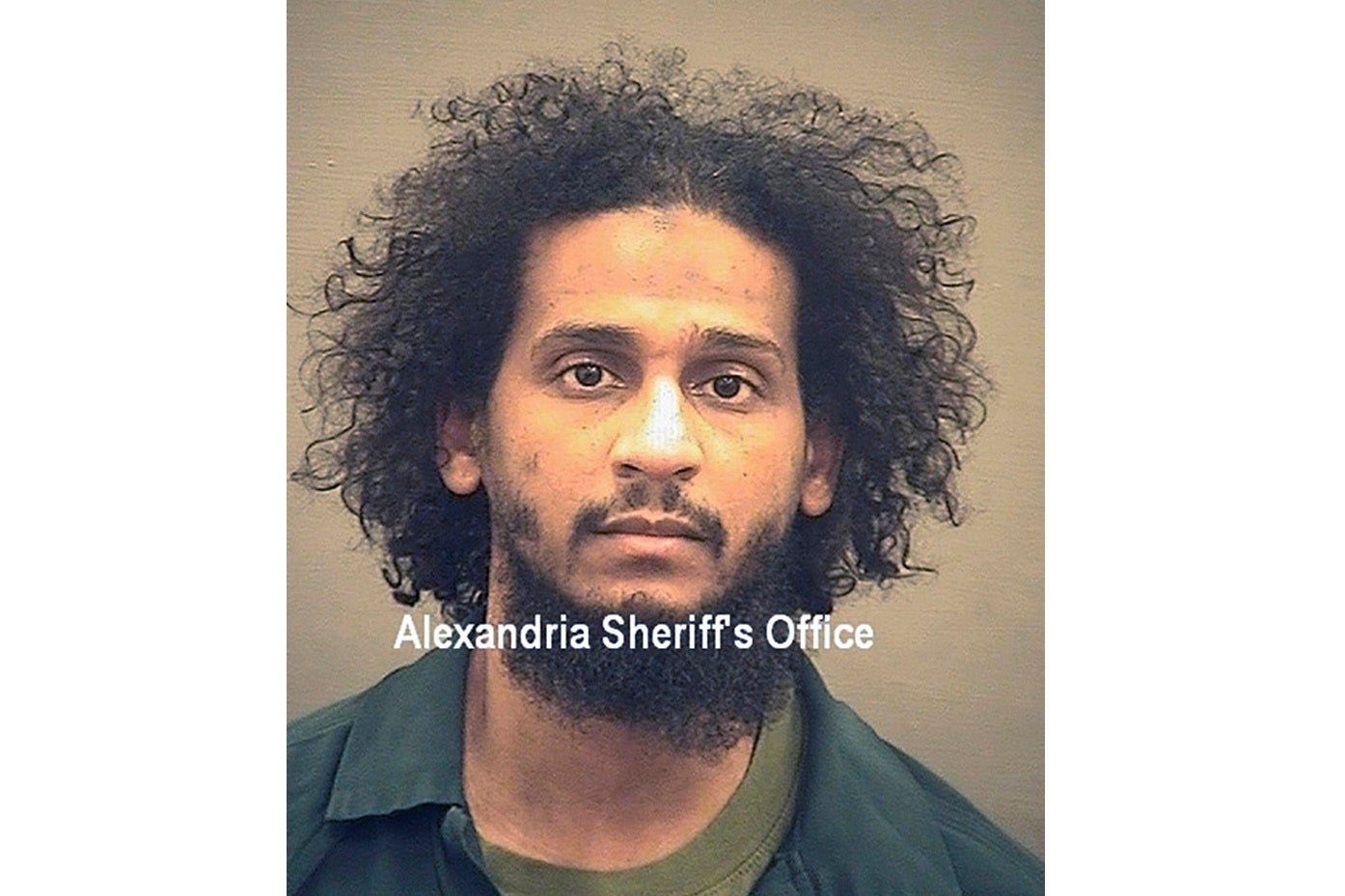Appeals court upholds conviction of British national linked to Islamic State
A federal appeals court has upheld the conviction of a British national for his role in a hostage-taking scheme by the Islamic State group that tortured and killed Americans and other westerners a decade ago

A federal appeals court upheld the conviction Friday of a British national for his role in a hostage-taking scheme by the Islamic State group that took roughly two dozen Westerners captive a decade ago.
El Shafee Elsheikh was convicted and sentenced to life in prison in 2022 in federal court in Alexandria, Virginia. His jury trial established that he was one he was one of the notorious “Beatles,” captors nicknamed for their accents and known for torturing and beating prisoners.
Elsheikh appealed his conviction. He argued that confessions he gave in media interviews after his capture in 2018 should have been tossed out of court. He alleged that the Kurdish-led Syrian Defense Forces tortured him and forced him to conduct the interviews.
Elsheikh's lawyers also argued that FBI interviews of him while he was in foreign custody violated his constitutional rights. Elsheikh said he was confused by the process, in which he was initially interrogated by investigators with the Department of Defense who did not read him his rights and used the information to gather intelligence.
He was later questioned by FBI agents who did read him his rights and told him that anything he said going forward could be used against him in court.
In both cases, a unanimous three-judge panel of the 4th U.S. Circuit Court of Appeals in Richmond ruled against Elsheikh. The judges said the evidence did not support his contention that he was beaten or tortured. And the judges ruled that interrogators followed proper procedures in their two-step interrogation process to inform Elsheikh of his rights.
Elsheikh was one of two “Beatles” brought to the U.S. to face trial. The United Kingdom agreed to the extradition and provided intelligence and evidence to assist with the prosecution after the U.S. promised it would not seek the death penalty.
The other Beatle who faced trial, Alexanda Kotey, pleaded guilty under a deal that provided a possibility he could, after 15 years, serve the remainder of his life sentence in the United Kingdom.
Elsheikh's convictions revolved around the deaths of four American hostages: James Foley, Steven Sotloff, Peter Kassig and Kayla Mueller. All but Mueller were executed in videotaped beheadings circulated online. Mueller was forced into slavery and raped multiple times by Islamic State leader Abu Bakr al-Baghdadi before she was killed.
They were among 26 hostages taken captive between 2012 and 2015, when the Islamic State group controlled large swaths of Iraq and Syria.
Bookmark popover
Removed from bookmarks